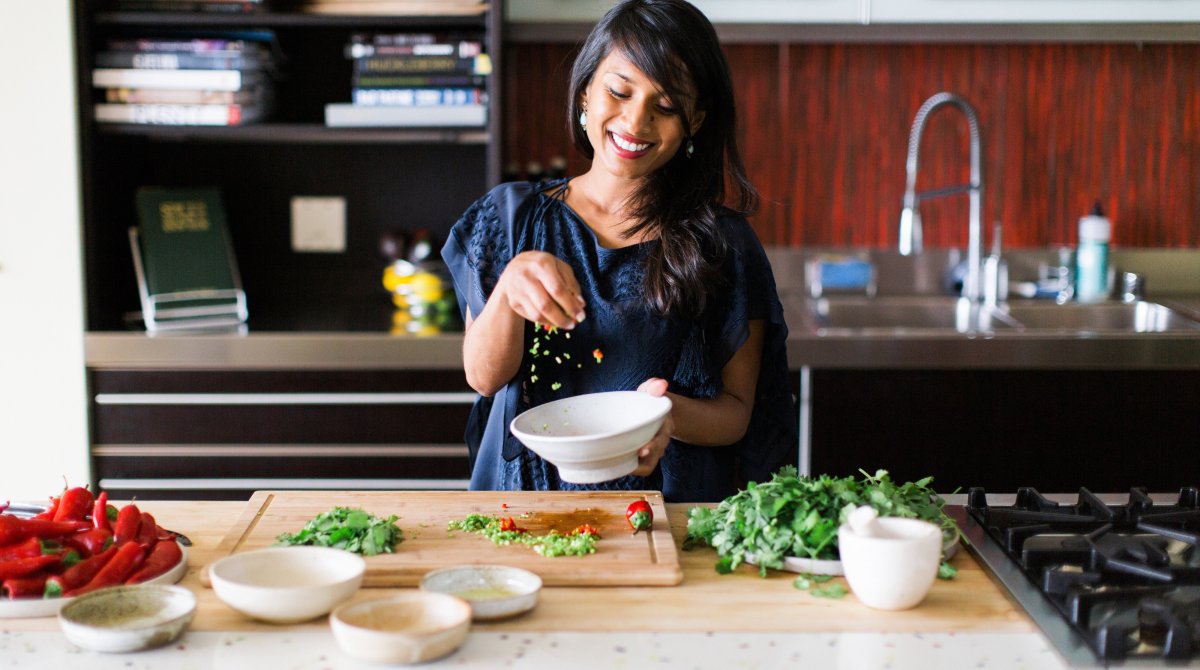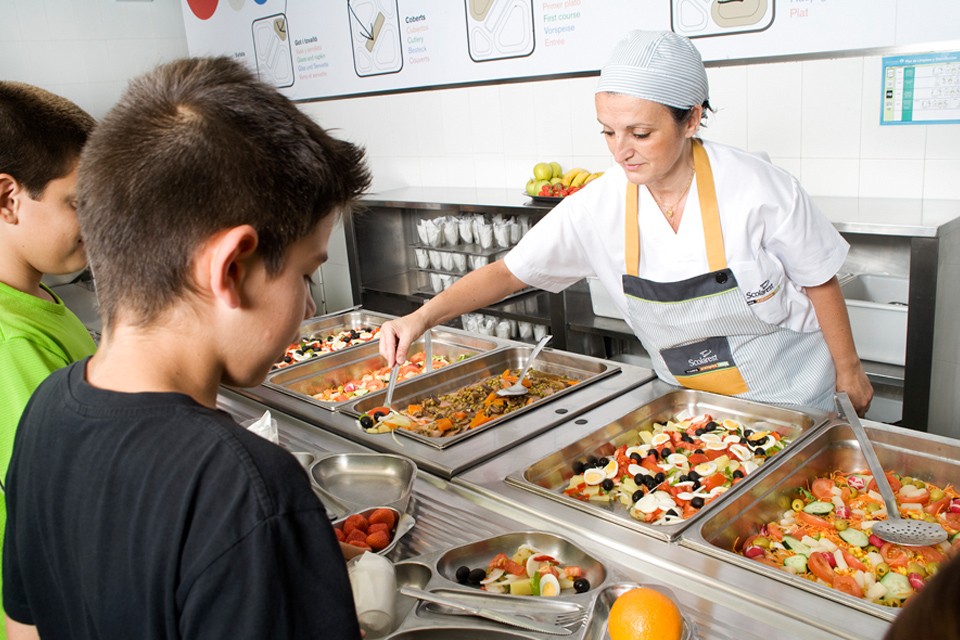Whether you have a passion for decadent desserts or heart Italian meals, you might be looking at starting your own home food business. Busy lifestyles and a trend away from highly processed food have led to a growing demand for home cooking. Savvy foodies are seeing the opportunity to turn their hobby into an income by catering, offering meal prep services, or baking for kids’ birthday parties, corporate affairs, and weddings. If you’re considering a career change but not sure where to start, we have a few tips that will assist.
Refine Your Process

Once you start catering to paying customers, there’s little margin for error in your timeline or your bottom line, so make sure you have clearly defined recipes and processes. Start from where and how you will source ingredients, audit your equipment and check and double check cooking times and measurements. Reliability is key, which is why many commercial caterers work with several wholesale suppliers for their ingredients and use induction cookware to ensure accurate and consistent temperatures. As much as possible, you want to anticipate potential weaknesses or opportunity for disaster before it occurs.
Food Safety
Generally speaking, home food businesses need to meet the same food safety standards as commercial businesses when it comes to food preparation and packaging. Check the legal requirements in your state – you may need to have local council inspect your premises and advise of additional requirements. These guidelines are put in place to prevent contamination and ensure safe food temperatures, processing, and storage. Don’t be overwhelmed – this doesn’t mean you need to have a commercial kitchen but may involve some tweaks or additions to your kitchen at home.
Check Out Your Competition

Do your research on similar businesses in the area. If you’re baking cookies, are there other home baked cookie companies? What is their price structure? Where do they sell their goods? How do they market them? Once you have a thorough understanding of the competition, think about your business’s point of difference. Maybe you specialize in allergy friendly gluten and dairy-free foods. You could consider a unique packaging style and delivery method to cater to a particular market. Whatever it is, think about how you’ll stand out.
Cost Analysis
Small business owners suffer the fate of needing to be experts in all areas of their business. Whether you have a natural affinity for accounting or not, a thorough cost analysis is essential when you start your own business. You can keep it simple by noting down all of your costs, including ingredients, shipping or petrol to purchase said ingredients, packaging, delivery costs, electricity, water, marketing, and your own time. Try to be as comprehensive as possible. Then, look at a reasonable price point for your products based on the market research you’ve already done. No matter how much you enjoy cooking, you need to ensure that you will make a profit on your home business. If you’re struggling to work out the numbers, consider meeting with an accountant to discuss the financials before you proceed.
Marketing

Now that you have all of the behind the scenes work done, it’s time to get your name out there. Print some business cards or flyers, set up a social media account, and ask friends to recommend you. You can always give them a little taste tester as an incentive!
There is plenty of scope to build a home food business; approach it strategically, and you will be delighting the masses with your delicacies in no time!

